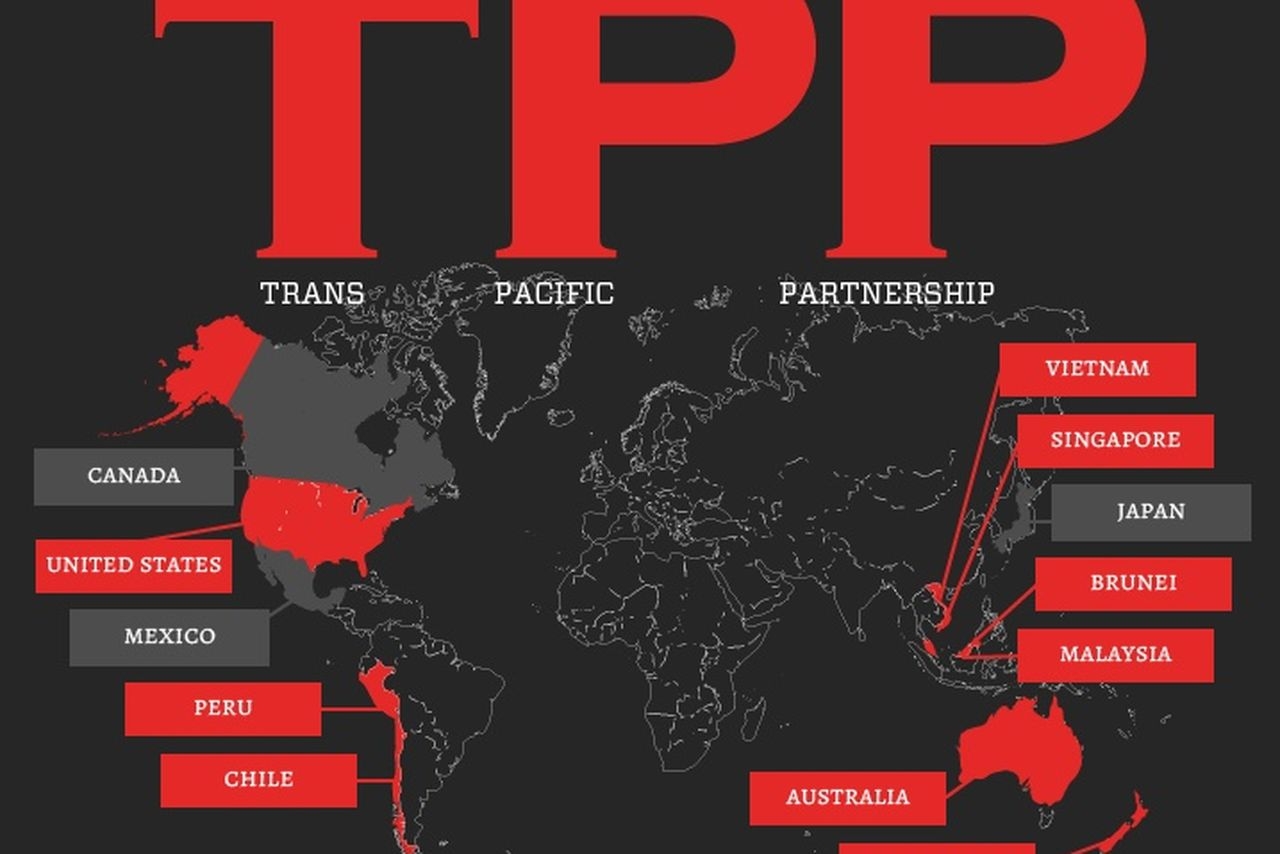The Trans-Pacific Partnership would strengthen intellectual property protections and reduce other barriers to trade.
In the United States, we have long had a tradition of supporting innovators. That spirit has been critical to our country’s entrepreneurial success. Other countries, however, have had less respect for intellectual property, and this is a challenge U.S. companies face whenever doing business abroad.
My company, Teseda Corporation, provides solutions to the semiconductor industry by isolating defects on complex semiconductors due to design, manufacturing, or use. As the semiconductor manufacturers we work with operate worldwide, my company is international by nature.
We currently do business in China, Japan, Taiwan, Korea, Singapore, the Philippines and also many countries in Europe. While we are interested in expanding our business into more overseas markets, there are serious barriers that make it difficult for us to do so, particularly relating to protecting our intellectual property.
My company is high-tech, but we are small: it is difficult and costly for us to fight intellectual property battles. Small businesses like ours need to pay fees in every country to protect our IP, so we own many patents. Beyond the patent applications, we need to make annual payments to continue those patents’ effectiveness, which is expensive. If I cannot protect my IP, then someone could reproduce what my company is building and sell duplicates, so I would lose that market. IP protection is fundamental to securing business and creating jobs.
Fortunately, trade agreements provide U.S. businesses with the security we need to do business overseas. A new report by the U.S. International Trade Commission found that the Trans-Pacific Partnership would strengthen IP protections and reducing other barriers to trade. This would enable us to expand operations overseas, creating more jobs in the United States.
TPP would make it easier to protect our intellectual property overseas. The IP commitments in TPP are backed by strong enforcement systems, which is particularly important for small businesses like mine who cannot afford the legal resources necessary to protect our IP. The trade agreement would give us the ability to expand overseas without losing our valuable intellectual property.
In addition to securing our intellectual property, TPP would reduce other barriers. TPP will eliminate all tariffs on U.S. manufactured goods, including electrical equipment. This will allow us to compete with domestic manufacturers in those companies. TPP will also harmonize codes, including safety standards on electrical equipment. If my company gets safety qualifications at U.S. labs, that certification should apply across the board. TPP will help reduce the hoops we have to jump through to sell our products in new markets.
As a small business, we see a tremendous value in the protection of intellectual property rights, the harmonization of trade standards, and the reduction or elimination of tariffs on U.S. goods. TPP will not only help us grow our business, but it will also help many other small businesses create jobs in the United States.
With the release of the USITC report, the ball is now in Congress’ court. It is time for them to vote to support the trade agreement. Once TPP passes, the 11 other countries in the pact are expected to follow soon after. This will make the global economy a safer place for American innovators, so that we can keep doing what we do best: developing new products and creating new jobs.
Armagan Akar is the president and CEO of TESEDA Corporation in Portland.



